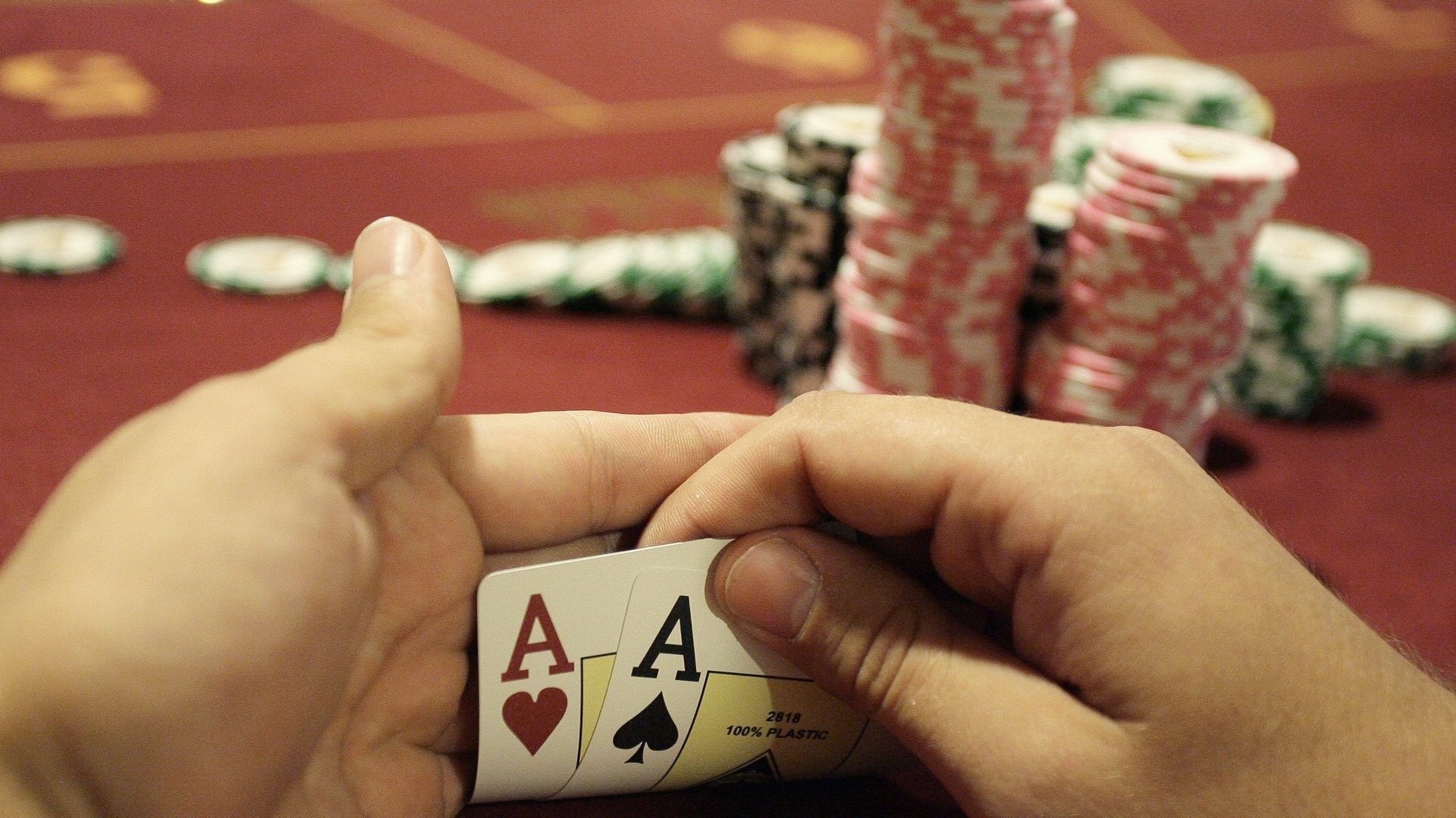This bot could ruin online poker
One of the world’s best poker players doesn’t have a poker face. In fact, it doesn’t have any face at all.


One of the world’s best poker players doesn’t have a poker face. In fact, it doesn’t have any face at all.
Pluribus, an AI program, has demonstrated it can beat human pros in six-player, no-limit Texas Hold ‘Em, the most popular variant of online poker, according to its creators, researchers from Facebook and Carnegie Mellon University. Their results were published last week in the journal Science.
Pluribus’ core, its “blueprint strategy,” was constructed through self play, or competition against copies of itself. That’s similar to the method used to create OpenAI Five, a program that trained for the equivalent of 45,000 years and defeated a professional e-sports team in the video game Dota 2.
The bot’s prowess at the complex poker game is a landmark in the development of artificial intelligence. AI systems have previously defeated humans in other games, such as chess and two-player poker. However, chess—while challenging—provides players with perfect information (i.e., the location of pieces is always known) and two-player poker, even with hidden information, is nowhere near as intricate as a six-player setup.
In addition to self play, the researchers optimized Pluribus by having it compete against Darren Elias, who holds a record four World Poker Tour titles. He played against Pluribus for days on end.
“It’s just me and then five versions of this AI poker bot, which I would play against every day, thousands of hands,” Elias told NPR. “It was improving very rapidly, where it went from being a mediocre player to basically a world-class-level poker player in a matter of days and weeks. Which was pretty scary.”
The human poker champ noticed that Pluribus was exceptional at making itself unpredictable, changing strategy even when playing identical hands. The bot also bet—and bluffed—big, a tactic Elias said he is trying to work into his own poker strategy.
When Pluribus triumphed over Elias, the researchers pitted their creation against a table of five pros, each of whom has won at least $1 million playing poker professionally. The researchers, Tuomas Sandholm and Noam Brown of Carnegie Mellon, referred to the setup as a “5H+1AI” format, meaning five humans and one AI. Brown also works for Facebook, which funded prize money for the poker pros. The company doesn’t have specific plans to use the AI, but the researchers decided not to release their source code due to Pluribus’ success.
“If each chip was worth a dollar, Pluribus would have won an average of about $5 per hand and would have made about $1,000/hour playing against five human players,” wrote Brown. “These results are considered a decisive margin of victory by poker professionals.”
At that rate, maybe it’s time for humans to fold.